CBSE conducted the CTET (Central Teacher Eligibility Test) Exam Paper 2020. This Paper held on 31st January 2021 Evening Shift. Here The CTET Paper-II (Junior Level Class 6 to 8), Part – V Language II (English) Solved Question Paper. CTET January 2021 Question Paper with Answer Key.
CTET (Central Teachers Eligibility Test)
Paper – II Junior Level (Class 6 to Class 8)
परीक्षा (Exam) – CTET Paper I Junior Level (Class VI to VIII)
भाग (Part) – Part – V Language II (English)
परीक्षा आयोजक (Organized) – CBSE
कुल प्रश्न (Number of Question) – 30
Paper Set – O
परीक्षा तिथि (Exam Date) – 31st January 2021
| CTET Exam Paper-II Jan 2021 | Link |
| CTET 31 Jan 2021 Paper II – Part – I (Child Development and Pedagogy) | Click Here |
| CTET 31 Jan 2021 Paper II – Part – III (Social Studies / Social Science) | Click Here |
| CTET 31 Jan 2021 Paper II – Part – IV (Language – I English) | Click Here |
| CTET 31 Jan 2021 Paper II – Part – IV (Language – I Hindi) | Click Here |
| CTET 31 Jan 2021 Paper II – Part – V (Language – II English) | Click Here |
| CTET Exam Paper-I Jan 2021 | Link |
| CTET 31 Jan 2021 Paper I – Part – I (Child Development and Pedagogy) | Click Here |
| CTET 31 Jan 2021 Paper I – Part – II (Mathematics) | Click Here |
| CTET 31 Jan 2021 Paper I – Part – III (Environmental Studies) | Click Here |
| CTET 31 Jan 2021 Paper I – Part – IV Language I (English) | Click Here |
| CTET 31 Jan 2021 Paper I – Part – IV Language I (Hindi) | Click Here |
| CTET 31 Jan 2021 Paper I – Part – V Language II (Hindi) | Click Here |
| CTET 31 Jan 2021 Paper I – Part – V Language II (English) | Click Here |
CTET Exam January 2021 Paper – 2 (Junior Level)
Part – V Language II (English)
(Official Answer Key)
Directions : Read the passage given below and answer the questions (Q. Nos. 121 – 128) that follow by selecting the correct/most appropriate options :
The richness of her childhood experience came from living a life, which embraced tradition on one hand and exposure to the world of change, of questioning and questing on the other. Her father’s progressive ideas, his involvement in bringing about change in the restricted Brahminical society, his encouragement of Kamaladevi to follow her own inclinations and yet give her an opportunity to study in a school and participate in all the social functions with which he was involved, as a Senior Revenue Official, gave her confidence. The example of her grandmother, who lived the life of a scholar and fearless woman, who travelled alone without any fear of any social disapproval or adverse consequences, was a fitting example to Kamaladevi, who later travelled all over the world, often risking her life.
Girjabai, her mother was a dominant influence throughout her childhood and youth who set an example by overcoming all difficulties without a murmur. She discarded meaningless social customs and observances. She championed the cause of women. Her conviction was that a woman must educate herself, so that she could be independent and her insistence that Kamaladevi should not only study, but also participate in cultural activities and sports, enriched her daughter’s life.
Kamaladevi went with her mother to Seva Sadan and saw her exhorting women e older than her to become literate. She heard her read to them from the newspapers, magazines and extracts from books by social reformers and nationalists, followed by discussions and saw their attitudes changing. Girjabai’s love for music was shared by Kamaladevi and she was encouraged to learn North Indian and Camatic music. This love of music was a great source of peace for Kamaladevi in her later years.
121. ‘which embraced tradition’
The word ‘embraced’ here means
(1) pleased
(2) followed
(3) disused
(4) performed
Show Answer/Hide
122. ‘an example by overcoming all difficulties’
The word ‘overcoming’ means
(1) conquering
(2) over bearing
(3) reaching
(4) not coming
Show Answer/Hide
123. ‘living a life, which embraced tradition,
Which part of speech is the underlined word ?
(1) Pronounce
(2) Determiner
(3) Adjective
(4) Adverb
Show Answer/Hide
124. Which two contradictory kinds of experience did Kamaladevi have in her childhood?
(1) Childlike and Adult
(2) Social and Individual
(3) Questioning and Questing
(4) Tradition and Change
Show Answer/Hide
125. Her father did not believe in
(1) allowing children to join the adults in their activities
(2) female education
(3) removing brahminical restrictions
(4) giving freedom to children with
Show Answer/Hide
126. Which of the following statements is NOT correct of her grandmother?
(1) She was not afraid of social criticism.
(2) She travelled unescorted.
(3) She believed that women should lead a secure life.
(4) She loved to read books.
Show Answer/Hide
127. Which of the following statements is correct about her mother?
(1) She preferred studies to sports.
(2) She did not believe in adult literacy.
(3) She struggled through life smilingly.
(4) She observed faithfully all the social customs.
Show Answer/Hide
128. Study the following statements :
A. Kamaladevi’s mother read to her from newspapers and magazines.
B. Music was a source of great comfort to her.
(1) Both A and B are right.
(2) Both A and B are wrong.
(3) A is right and B is wrong.
(4) A is wrong and B is right.
Show Answer/Hide
Directions : Read the passage given below and answer the questions (Q. Nos. 129-135) that follow by selecting the correct / most appropriate options.
The goal of independence was achieved in India through a prolonged struggle, during which, the far-sightedness of the leaders of the freedom movement resulted in giving a final shape to our social and economic goals to be achieved after freedom. This vision imagined to build a self reliant nation through maximum utilization of the resources in men and materials, and the establishment of a noble and liberal society. It has been an article of faith amongst the policy planners in India that while economic strength determined the scope and quality of political freedom for millions, the quality of freedom depends on increased work and production in factories. It leads to just and equal distribution of wealth among the people so that the poor can also enjoy the benefit of freedom. This, it is recognized, is possible only through increased employment opportunities in the society.
In human terms, democracy means availability of equal opportunities to all the people irrespective of caste, creed, sex and religion to develop their personalities. It means access to education in Arts, Science and Humanities and also awareness of our age old values and traditions. It needs to be emphasized that the Indian policy has been based on a concern for the individual not only as a worker working for the economic development of the society but also as an end in itself.
In the Indian context, the concept of national development goes’ far beyond economic growth; it is concerned with the creation of a nation united in one purpose, of people speaking different languages, professing different religions and rooted in a variety of cultures.
129. ‘while economic strength determined the scope’
The word ‘determined’ means
(1) preferred
(2) rejected
(3) established
(4) decried
Show Answer/Hide
130. ‘our social and economic goal’
Part of speech of the underlined word is
(1) Interjection
(2) Conjunction
(3) Pronoun
(4) Determiner
Show Answer/Hide
131. ‘In the Indian context, the concept of’
The word ‘concept’ means
(1) Care
(2) Inception
(3) Curiosity
(4) Idea
Show Answer/Hide
132. The Independence was achieved in India
(1) through violent means
(2) by making use of every resource available
(3) through a long struggle
(4) by self-reliant leadership
Show Answer/Hide
133. Our leaders’ vision of independent India was based on
(1) economic self-reliance
(2) diversification of employment
(3) boycott of foreign goods
(4) development of defence forces
Show Answer/Hide
134. In addition to economic growth our society, as a consequence, also needs
(1) to pay attention to climatic changes
(2) just and equitable distribution of wealth.
(3) development of countryside.
(4) to give importance to cultural variety.
Show Answer/Hide
135. Study the following statements :
A. Along with economic growth, we also want to develop a united nation with one aim.
B. A noble and liberal society depends entirely on economic wealth.
(1) Both A and B are right.
(2) Both A and B are wrong.
(3) A is right and B is wrong.
(4) A is wrong and B is right.
Show Answer/Hide

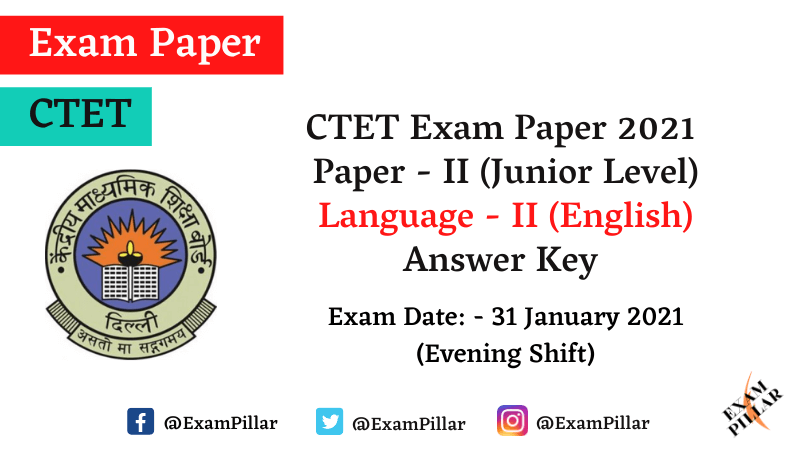
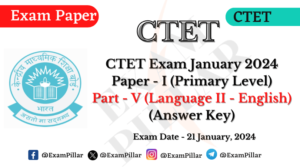
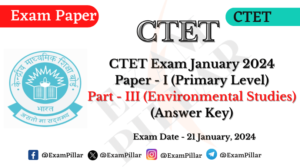
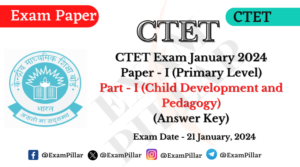
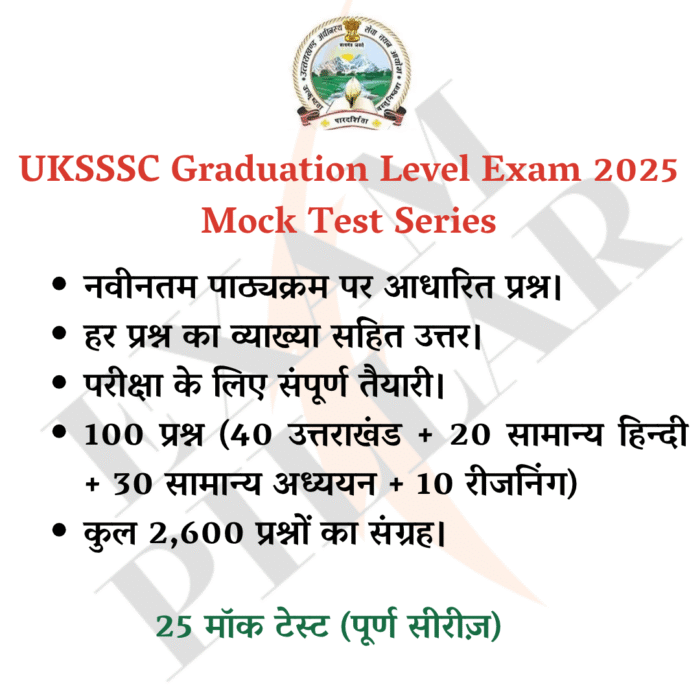


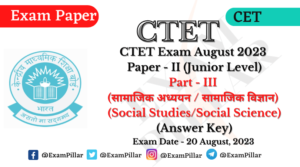
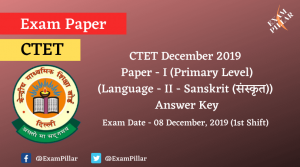
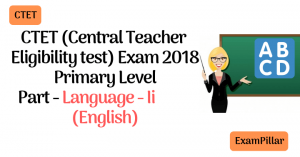
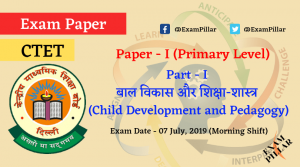
I need it in Punjabi